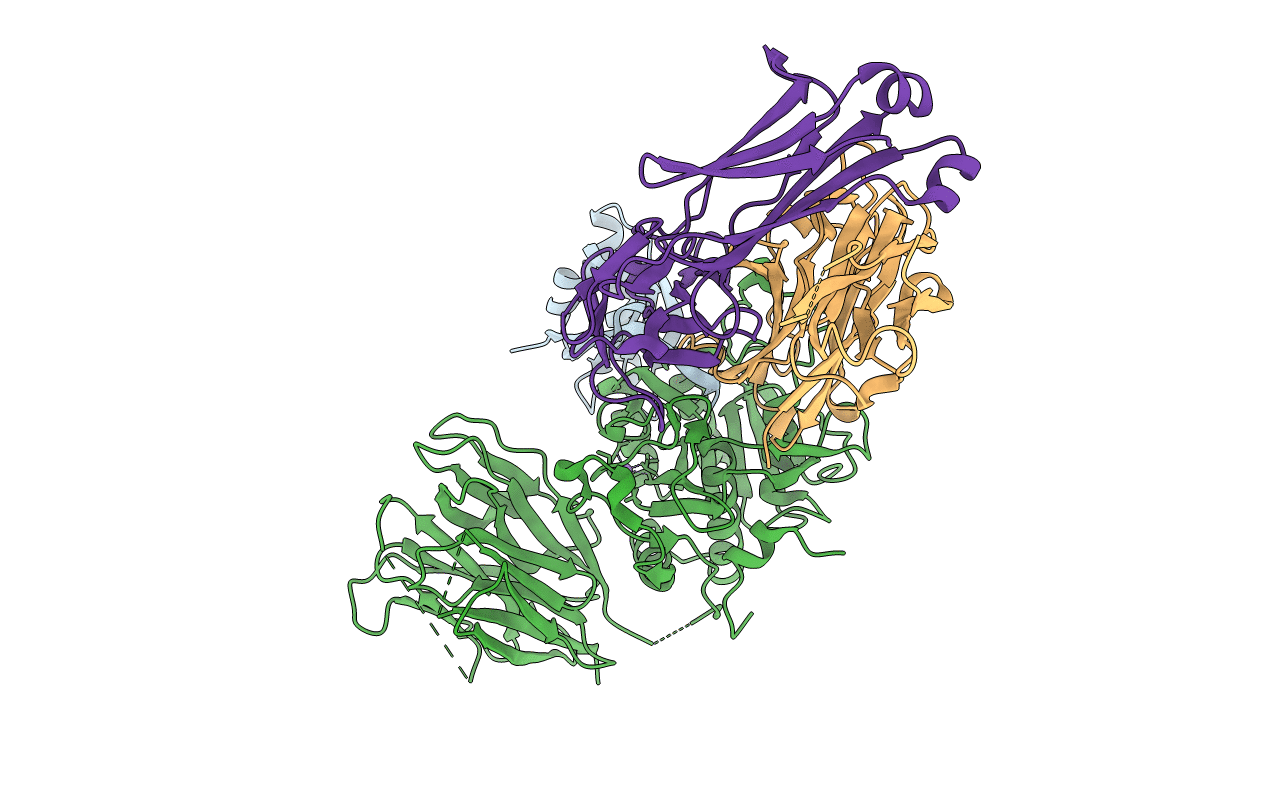
Deposition Date
2009-04-17
Release Date
2009-05-05
Last Version Date
2024-10-30
Entry Detail
PDB ID:
3H42
Keywords:
Title:
Crystal structure of PCSK9 in complex with Fab from LDLR competitive antibody
Biological Source:
Source Organism(s):
Homo sapiens (Taxon ID: 9606)
Expression System(s):
Method Details:
Experimental Method:
Resolution:
2.30 Å
R-Value Free:
0.20
R-Value Work:
0.19
R-Value Observed:
0.19
Space Group:
C 1 2 1


